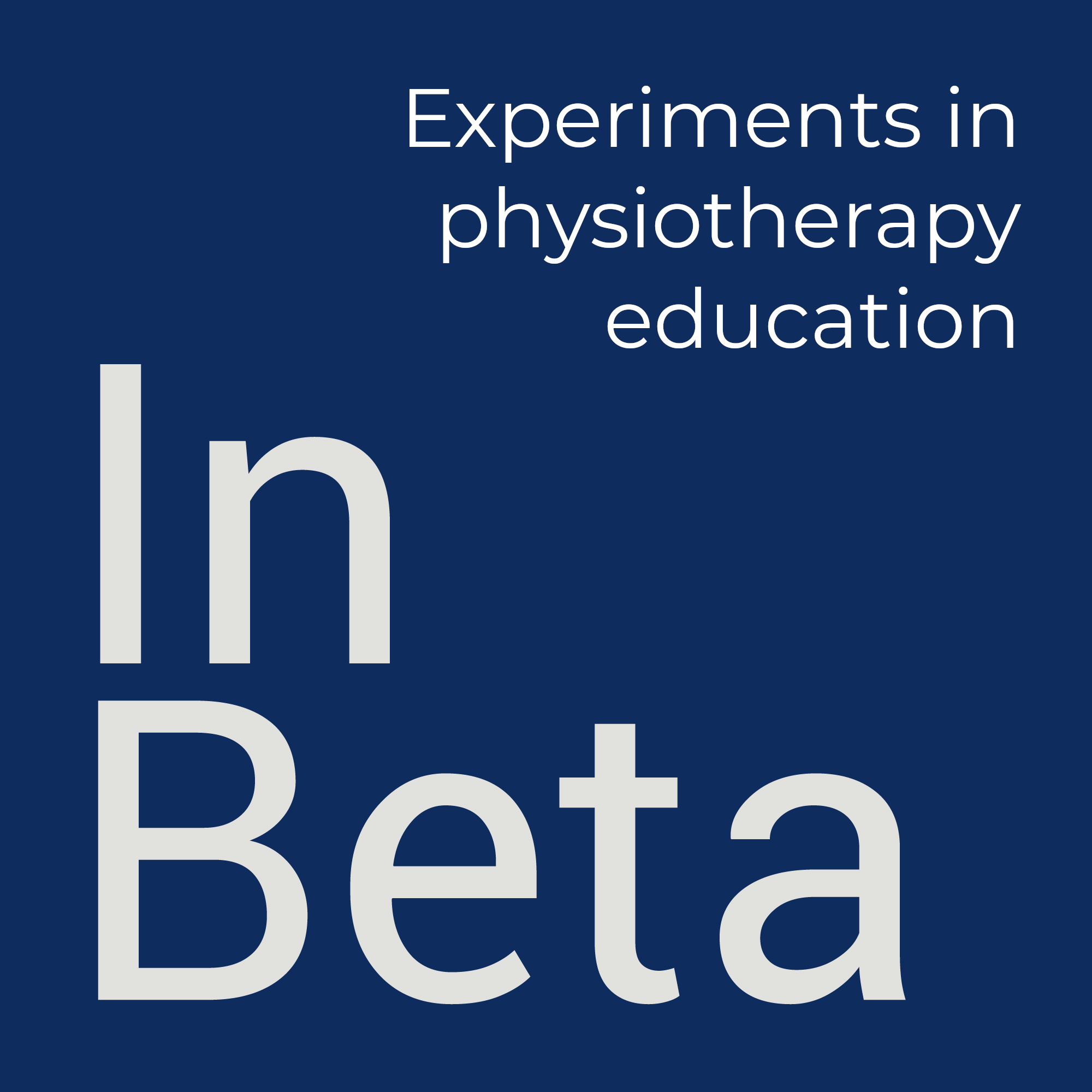Be so good they can’t ignore you.
Steve Martin
Introduction
As teachers we spend a lot of time thinking about what we need to do to help students learn and often that translates into spending a lot of time thinking about what we’re supposed to do. Which is fine as long as that’s not all we think about. Improving your learning skills is really very simple. Simple, but not easy. It often requires a change to several habits that are pretty well-ingrained by the time a student is registered for a professional programme. For example, they’ve spent years believing that underlining and highlighting text is a useful practice for learning (it’s not). Or that staying up late the night before an exam is just what you need to do to get through the material (also a bad idea).
Learning to improve your learning consists of making a few changes to a few habits and then having the discipline to stick to it.
Podcast
Parrish, S. (n.d.). Barbara Oakley Learning How To Learn (No. 31). The Knowledge Project.
Just when I start to think I’m using my time well and getting a lot done in my life, I meet someone like Barbara Oakley. Barbara is a true polymath. She was a captain in the U.S. Army, a Russian translator on Soviet trawlers, a radio operator in the South Pole, an engineer, university professor, researcher and the author of 8 books. Oh, and she is also the creator and instructor of Learning to Learn, the most popular Massive Open Online Course (MOOC) ever(!), with over one million enrolled students. In this fascinating interview, we cover many aspects of learning, including how to make it stick so we remember more and forget less, how to be more efficient so we learn more quickly, and how to remove that barriers that get in the way of effective learning.
I completed the MOOC on learning that Barbara created and it profoundly affected my thinking on how I learn. By the time I did the course I’d been an academic with an interest in teaching and learning for more than 10 years and it struck me that I’d spent most of that time focused on what the teacher does. And even though I knew that the most important thing is what the student does, I’d still been looking at the problem from only one perspective. What the teacher does matters but what the student does matters way more.
Article
Lucariello, J. M., Nastasi, B. K., Anderman, E. M., Dwyer, C., Ormiston, H., & Skiba, R. (2016). Science Supports Education: The Behavioral Research Base for Psychology’s Top 20 Principles for Enhancing Teaching and Learning. Mind, Brain, and Education, 10(1), 55–67.
Psychological science has much to contribute to preK-12 education because substantial psychological research exists on the processes of learning, teaching, motivation, classroom management, social interaction, communication, and assessment. This article details the psychological science that led to the identification, by the American Psychological Association’s Coalition for Psychology in Schools and Education, of the “Top 20 Principles from Psychology for PreK-12 Teaching and Learning.” Also noted are the major implications for educational practice that follow from the principles.
This is one of those articles that’s had a big impact on how I think about my teaching practice. If the job of the teacher is to create an environment that helps students to learn, then this is one of those articles that gives an enormous amount of guidance on how to think about creating those environments.
Resource
In Beta (2020). Learning to learn project.
The Learning to learn community is a project aimed at using evidence-based techniques to improve your ability to learn. There seems to be general consensus that success in the 21st century may be based on your ability to learn difficult things quickly and that learning is a skill that you can improve.
I started the Learning to learn project in 2019 as a small initiative with students in my own department but soon afterwards I started posting resources on the In Beta website, alongside a newsletter that anyone can subscribe to. I managed to publish 7 modules in 2020 but couldn’t sustain it what with everything else going on at the time. However, I do have plans for several other modules that I’d like to publish at some point. I see these skills as the low-hanging fruit that’s available for anyone to use to improve their learning.
